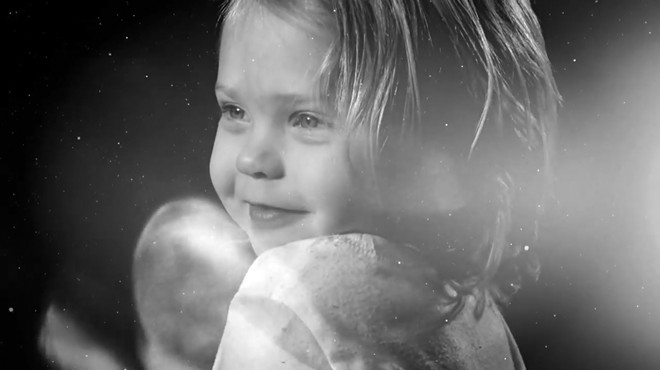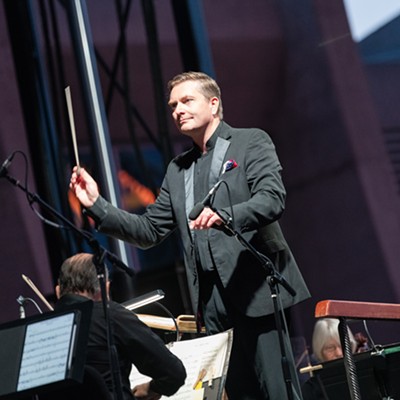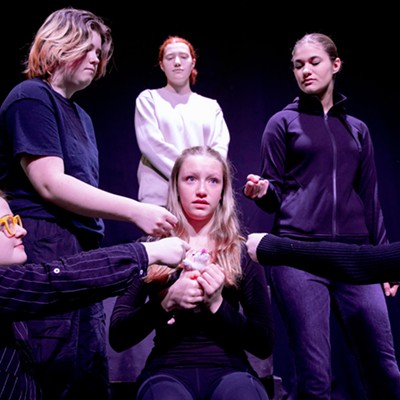Ted Lasso's all-time-great first season ended with a serious problem for the show's future: Ted Lasso won.
Yes, the American coach lost the soccer game — or as the Brits still insist on calling it "football" — and were relegated to relegation, but Lasso wasn't really going for athletic victory. He was going for the more total moral victory.
He starts with an entire country mocking him, but he proves them wrong, not with brilliant coaching but through aw-shucks unflappable American charm.
Like an Age of Empires priest, Lasso spent the first season converting every character on the show — the arrogant star, the icy team owner, the other arrogant star — to his brand of decency. They attacked him with insults and sneers, but by golly, he just kept baking them biscuits and referencing pop culture until they had to give in.
By the end, the other characters not only accepted Lasso, they'd practically become him. Mustache aside, they started treating each other with his brand of unconditional kindness. The end.
Except, then you have to have a second season. And where do you go, when Ted Lasso has nothing more to conquer? Few things are as satisfying as watching characters replace contempt and conflict with warmth and friendship. (See: Parks and Recreation and The Good Place for other examples.) But the shows that linger afterward aren't remotely as satisfying.
For much of the second season, Ted Lasso has felt aimless, almost ephemeral — and not remotely as funny. The characters are watered down. When everyone's Ted Lasso, no one is.
The longest-running comedies from Cheers to the Simpsons understood that maintaining conflict is essential. Like a good biscuit, a show can't be too sweet: All that sugar has to be leavened with butter and salt.
Fail to do that, and you get something like Lasso's saccharine Christmas episode: It packed in all the cheesy Christmas episode climax cliches, without doing any of the work to make them meaningful.
All the great Christmas episodes — indeed, all the great works about Christmas, period, from It's a Wonderful Life to A Christmas Carol to the actual straight-from-the-Bible Nativity story — have one thing in common: They start from the core of deep sadness and pain. Your idiot brother lost $8,000 or there's no room at the inn or you're a mean one, Mr. Grinch.
But if the Grinch never steals Christmas, then all the Who's singing down in Whoville are doing little more than karaoke. A show can't be heartwarming if all the hearts are warm to begin with.
Just like a dark drama needs comic relief, a sweet comedy needs dramatic relief. The good news is that if there's anyone adept at the dance between light-heartedness and broken-heartedness, it's Lasso showrunner Bill Lawrence, who mastered that balance on shows like Scrubs and Cougar Town. In the latter half of this season, there are hints the show understands this — uncovering the depression and anxiety that lurks behind Lasso's mustache.
So maybe, in the dialect of a sports fan seeking optimism during a disappointing season, this was simply Ted Lasso's "rebuilding year." ♦




























